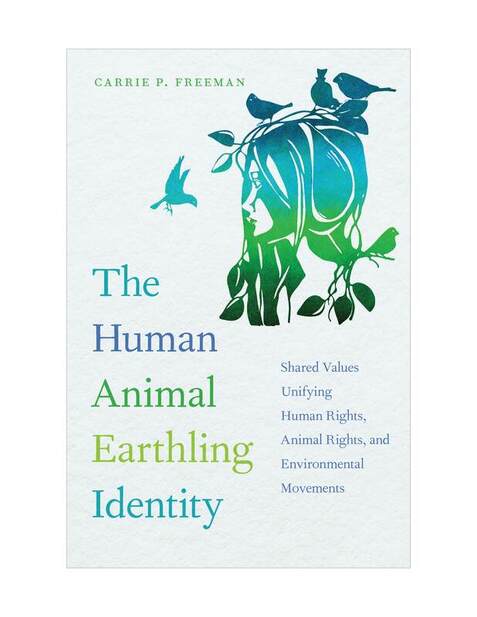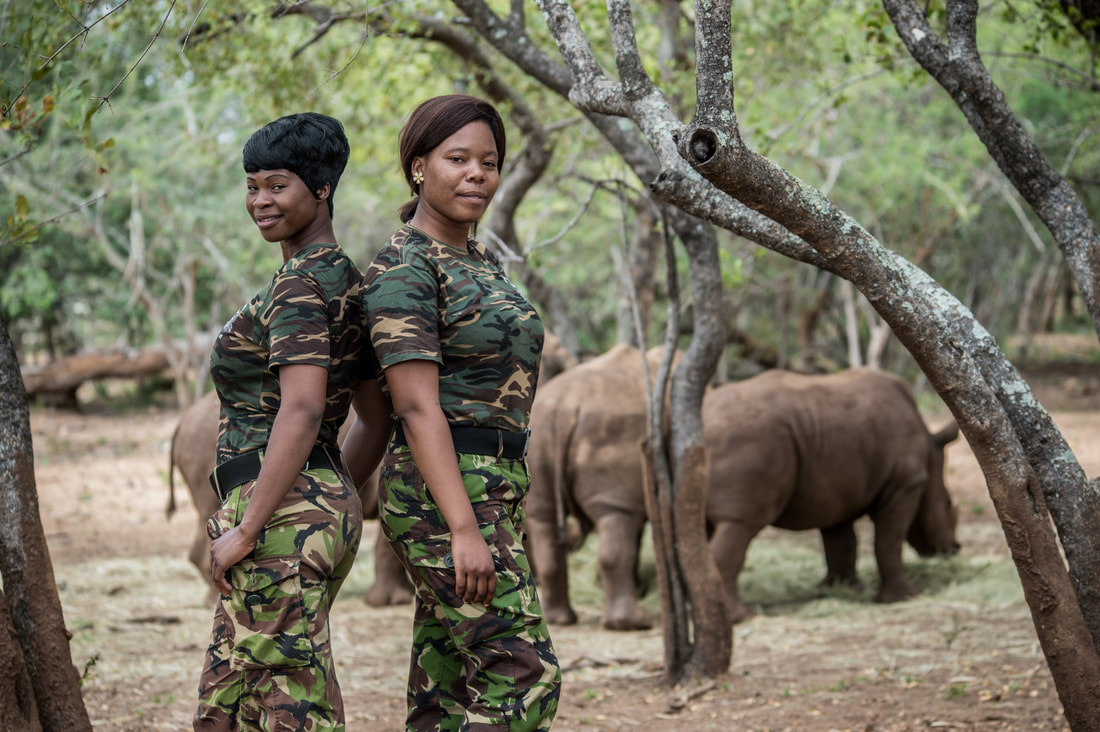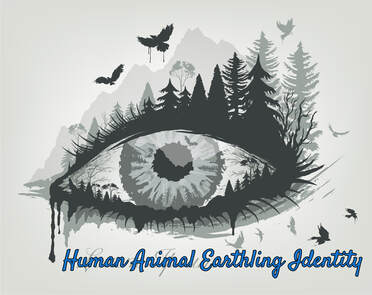What if all social movements were allies?
|
In an era of globalization, climate crisis, mass extinction, and widespread injustice, this book's lofty goal is unifying social movements across causes to gain needed strength and influence in their work against common powerful forces that undermine or exploit living beings. To serve as everyday allies, social movements should foster universal altruism -- encouraging each of us to widen our sphere of moral concern (not only to include all human groups but also all species), by considering other animals and nature as part of our 'in-group.'
To formulate the basis for a needed identity shift toward seeing ourselves more inclusively as ‘human animal earthlings,’ communication professor Dr. Carrie P. Freeman shares insights from interviewing leading global activists and identifies overlapping values common in the campaigns of 16 international social movement organizations that work on human rights, nonhuman animal protection, and/or environmental issues, including Amnesty International, Greenpeace, PETA, WWF, and the Nature Conservancy. In an age of environmental crisis, Freeman explains how animal rights ideology (respecting the rights of sentient beings) logically serves as an ethical bridge connecting the individual human rights we cherish to a more holistic valuing of the ecosystems we must prioritize -- especially recognizing the ecological and sociopolitical interdependence of species. |
Freeman ultimately recommends a set of universal values (supporting life, fairness, responsibility, and unity) around which all social movements’ campaign messages can collectively cultivate respectful relations between us “human animal earthlings,” other animals, and the natural world we share. |
Named "Book Most Likely to Save the Planet" in the IPPY Awards 2021, and
Named the top Environmental Book by the National Indie Excellence Awards, 2021.
Human Animal Earthlings
While book readers will certainly learn about major problems facing humans, other animals, and nature worldwide, the book also features examples of peoples and projects supporting a "human animal earthling" identity, such as these school kids in El Salvador planting citrus trees that will provide plant-based nutrition to their community, including wildlife (photo courtesy of the Fruit Tree Planting Foundation), and the Black Mambas, a female-led anti-poaching unit in South Africa that uses peaceful, humanitarian approaches to wildlife conservation (photo courtesy of Jo-Anne McArthur /We Animals, featuring Yenzekile Mathebula and Leitah Mkhabela protecting rhinos).
The 16 International Social Movement Organizations Studied
Share our home planet. Support life. Take care. Play fair.
That's the Human Animal Earthling's slogan (p. 88) you can put on your bike.
Activists interviewed in the book (in chapter 8) explained how we can make it happen,
by engaging the following VALUES that build upon one another:
Activists interviewed in the book (in chapter 8) explained how we can make it happen,
by engaging the following VALUES that build upon one another:
1. EMPATHIZEFeel empathy with & compassion for
other living beings. |
2. RESPECTEmpathy allows you to respect everyone (respect human dignity; animal sentience, & the inherent value of nature)
|
3. COEXISTRespect enables a sense of community that promotes sharing, fair and equitable treatment, & harmonious coexistence.
|
Check out the recommendations for activists and communicators on the Activism page
See author book presentations and interviews on the Media page
See author book presentations and interviews on the Media page




